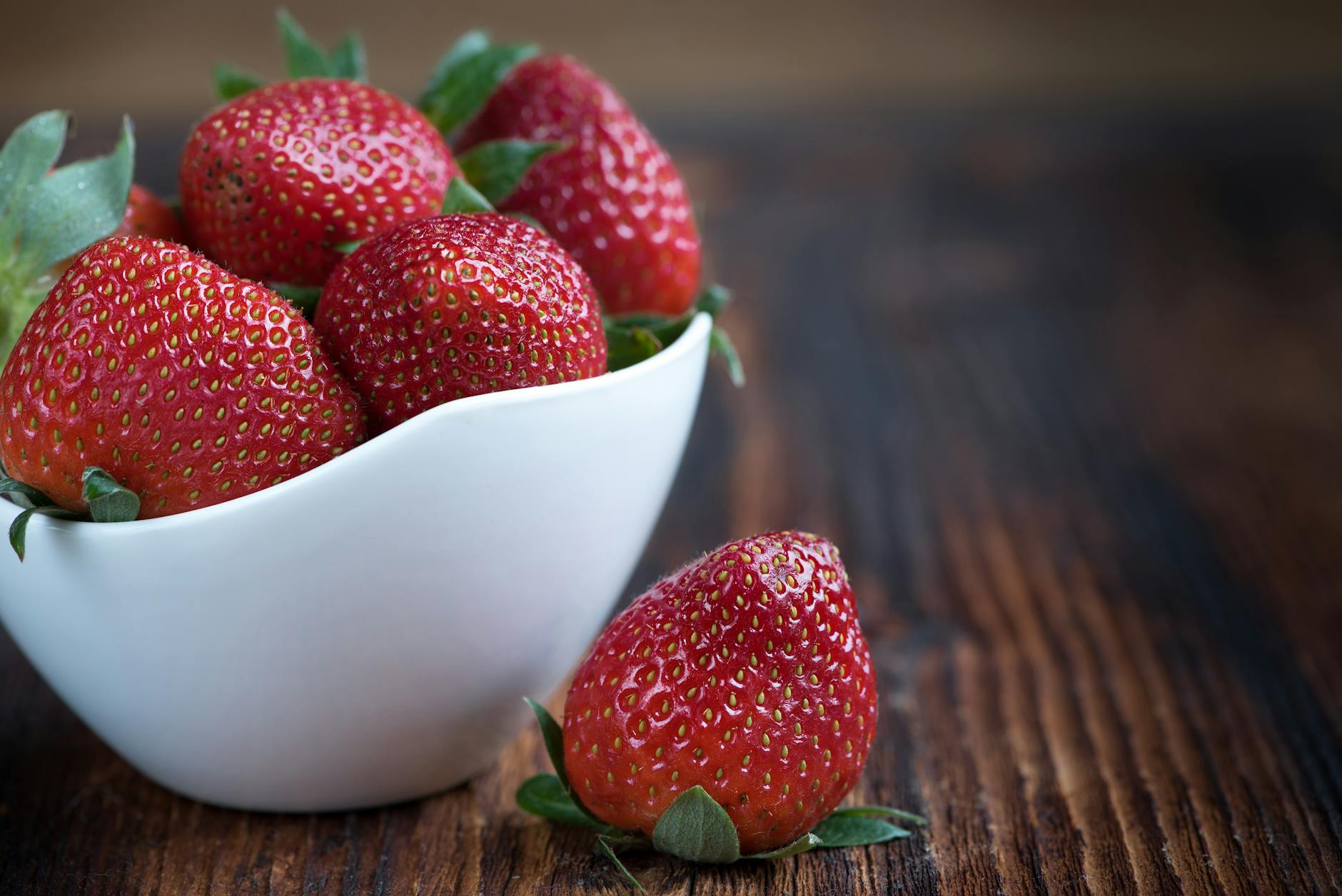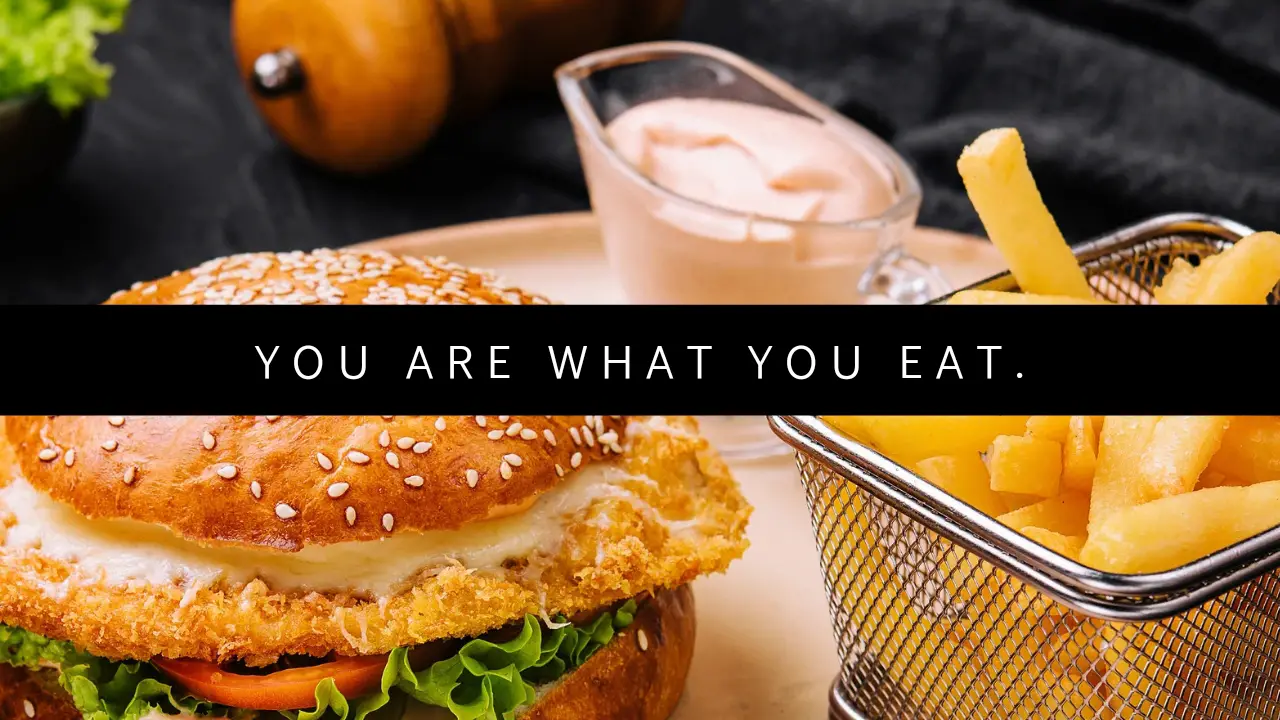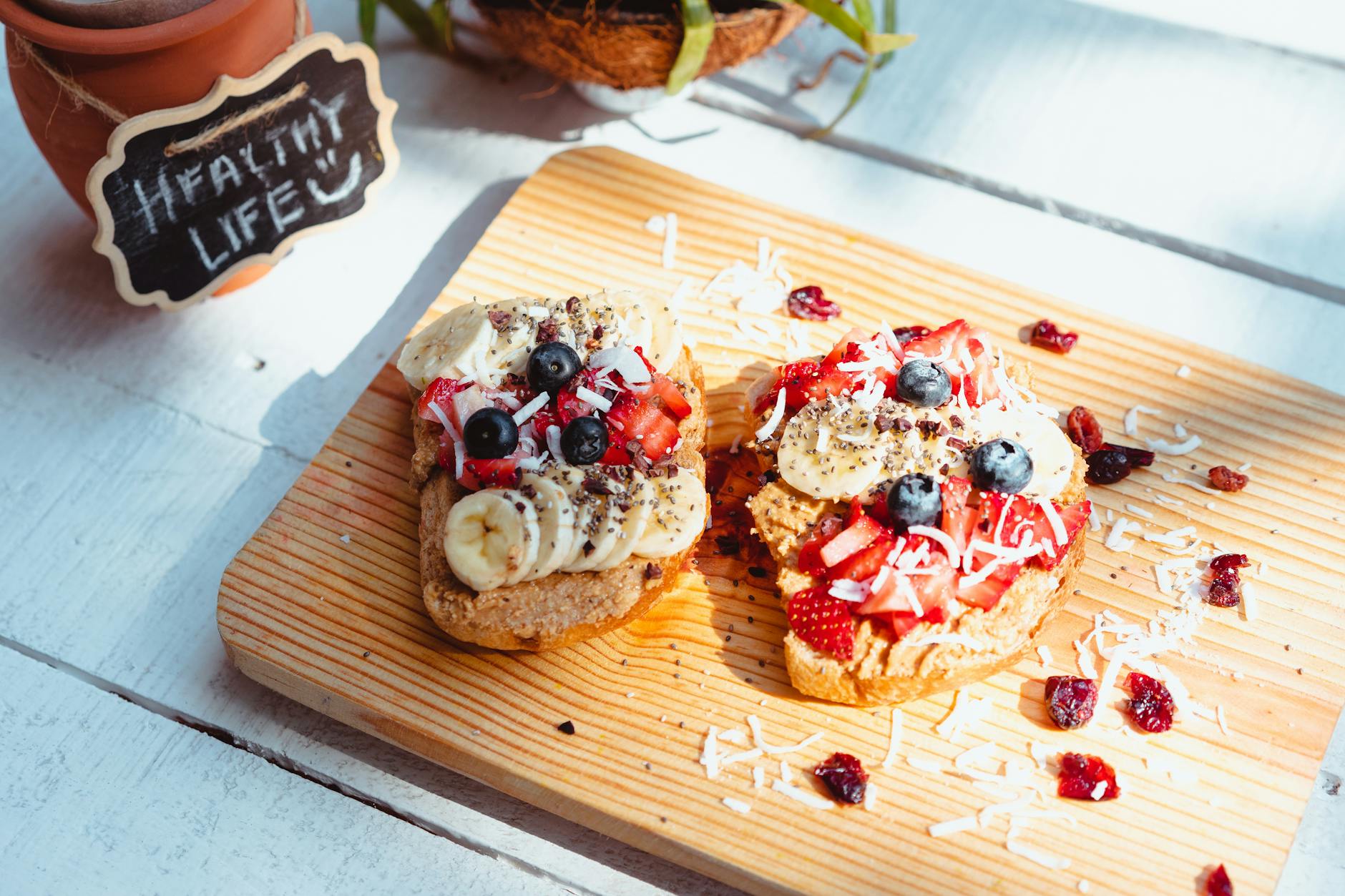The act of overeating can be influenced by a myriad of factors, both physiological and psychological, leading to a divergence from our initial plans for moderation. As we go about with our activities of the day, we come across people or things that tend to persuade us to make wrong choices, and this also applies to our food choices, what we call the Hidden persuaders.
For everyone who eats, and wants to maintain a healthy weight, then you will need to break off the old habits and make changes that have long-lasting results.
What are these hidden persuaders around us, that tend to lead as slowly but surely towards weight gain, unintentional weight gain precisely?
See and smell
What happens when you see or smell food? You start to salivate, obviously. Just by looking at food, or smelling food, you automatically want to eat it, and somehow hunger just strikes in.
It’s not easy to avoid looking at a well-presented jar full of cookies or sweets at your work desk, or even a plate of chips on your colleague’s work desk. When you see it you will want to eat it.
Out of sight, out of mind.
You have heard this quote, sometimes just looking at food makes you hungry, because looking at food signals your body to secrete insulin, insulin is a hormone that works to get the glucose from the bloodstream and push them into the body cells and muscles for energy, so when more insulin is secreted, you expect the glucose levels to start going down, hence the feeling of hunger.
When you are looking to lose some pounds over the years, you, therefore, need to put healthy foods easy to see, for example instead of having a glass jar full of sweets at your desk, maybe a plate of fruits would do.
This is the change we are looking to make because both sweets and fruits can give you relief from hunger, but then fruits are loaded with extra vitamins, minerals, and phytochemicals which definitely means they are a healthier option.
“Out of sight, out of mind” because the more you salivate about fast foods the higher the probability of you overeating.
How can we make it better?
- Move any visible foods.
- If you cannot move the food, move around them.
The power of convenience
Who doesn’t like convenience? The question is, would you walk a thousand miles just to have a plate of chips and soda?
The obvious answer here is No! The harder it is for you to find food, the lower your chances are of eating that particular food.
Using the same example as the jar full of sweets, the fact that it’s on your work desk, then the only hassle you have to make is to stretch a little and grab them.
What if the jar wasn’t even in the office in the first place, and you had to walk down the street to get that chocolate you really want, would you still go, maybe or maybe not, you will start to think about it, and fortunately enough you may not go anyway.
This is what we call the power of convenience. The same idea can be used when you want to increase your water intake, is it not easier to drink water when you have your own water bottle? As compared to when you don’t have any water bottle at all. Convenience alright.
Impulse buying.
Buying even what you don’t need is what impulse buying means in a nutshell. often we love store offers, buy three get one free.
I can’t deny that this can help us save some coins, but just buying when you don’t even need them, is not wise. Sometimes when we come across foods stamped with fat-free, sugar-free labels, we want to buy them, but does it help when you impulse buy them and eat them in excess just because they are fat-free?
No! These are the Hidden persuaders around us that may make us eat more than we’d want to. At times walking to a supermarket with an empty stomach can also make you want to buy foods that in normal circumstances you wouldn’t buy because you are driven by hunger, you see popcorn, and you’d want to go for the biggest container of popcorn they have, just because of hunger. It is about money, yes but it’s mostly about making healthy food choices.
The size of the plate.
When you have a big plate and when you have a smaller plate, would you serve the same amount of food? Probably not, the big plates always look like they are speaking to us, fill me up please, and in most cases, we fall victim. And then we end up overeating. A smaller plate on the other hand will not give you a chance of overeating, because where will the rest of the food go to? This is a common habit, especially when attending parties with buffets, most people will always go for the big plates, and this is where we go wrong.
What if we;
- Make overeating so hard by keeping most foods out of sight.
- Walk to a supermarket with a written list of items to buy.
- Eat from smaller containers or plates.
- Eating something before going to the supermarket, helps with impulse buying.
- Avoid destruction while eating, like watching TV while eating.
Discover more from Simple Nutrition
Subscribe to get the latest posts sent to your email.


